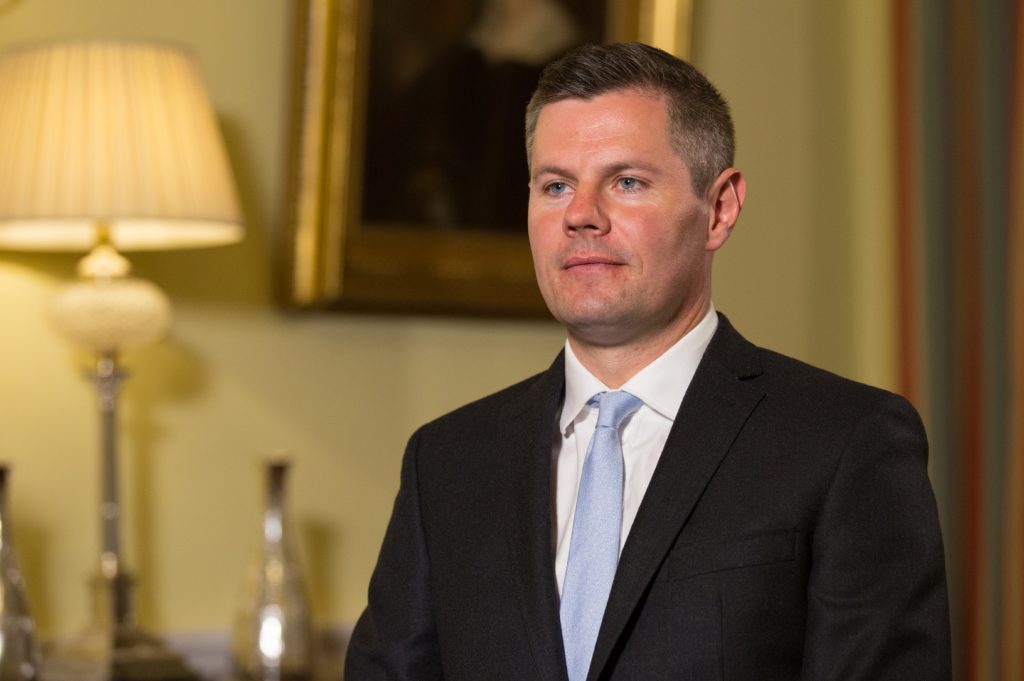The SNP had to accept stinging criticism of their council tax reforms to force the controversial plans through Holyrood.
Thousands of households in Tayside and Fife will see their council tax bill rise by up to £545 after ministers swallowed their pride to admit the changes “undermine the principle of local accountability and autonomy”.
Councils will be unable to spend the expected £100m windfall from the hike, which instead will be clawed-back into central government coffers and spent across the country.
-
What band is your house? Click here to check
From April next year, those in Band E-H properties will automatically see their bill increase by between 7.5% and 22.5%. All other bands remain at the same level.
Dundee bills for those in Band H homes will go up by £545, compared with £503 in Fife, £521 in Perth & Kinross and £482 in Angus.
On top of those rises, councils will be allowed to raise the levy by up to a maximum of 3% as the nine-year freeze comes to an end.
The additional revenues will be clawed back by central government and put into the Attainment Fund, to then be distributed to schools across the country based on the number of pupils receiving free meals.
At Thursday’s Holyrood vote, Finance Secretary Derek Mackay put forward a compromise amendment to the plans that pledged to look at further reforms in the future.
But this was roundly defeated by MSPs, who instead chose to back a more critical amendment by the Scottish Green party.
The Green amendment, which the SNP was then forced to support, said the Scottish Government plans undermined local autonomy and failed to address a number of key issues with the tax system.
Speaking after the debate, Andy Wightman MSP, who brought forward the amendment, said: “It has been bizarre to see SNP ministers threatening to vote down their own policy simply because they don’t like fair criticism.”
Mr Mackay said: “Our changes also make council tax more progressive and ensure that three quarters of households will see no rise in their bills as a result of these reforms.”

